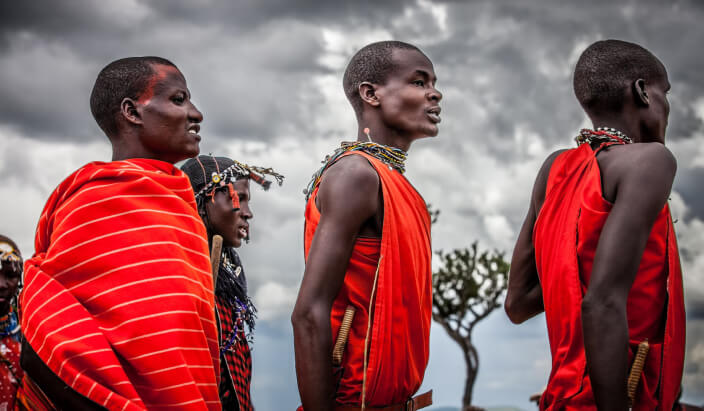In "Death and Modernity: An African Perspective," Erich Rickens delves into the stark contrasts between Western modernity's approach to death and the rich, community-centred practices found in traditional African cultures, specifically among Tshivenda-speaking communities. Western modernity, characterized by a fear of death and a tendency to 'decontextualize' it, often results in psychological distress and a loss of dignity for the dying. This modern stance views death as an 'unnatural other,' a departure from the natural course of life, leading to practices that alienate death from the living, such as hospital deaths, bureaucratic processes, and impersonal funeral services.
Conversely, traditional African perspectives, as exemplified by Tshivenda practices, embrace death as a continuation of life in another form. In these cultures, death doesn't signify an end but a transition into a communal and spiritual existence, maintaining a dialogue between the living and the dead. This view fosters a more dignified and psychologically fulfilling approach to death, with community-centered grieving processes and rituals that affirm life's continuity.
Rickens' analysis reveals the importance of rituals in both mourning and celebrating life, underscoring how community participation in these rituals provides therapeutic benefits, reaffirms cultural identity, and eases the transition for the deceased and the bereaved alike. Despite the challenges posed by modernization and urbanization, which have diluted some of these traditional practices, the core values of communal support and a holistic view of life and death remain pertinent.
This comparative study invites reflection on the ways societies perceive and handle death, suggesting that Western modernity can learn much from the communal and integrative approaches of traditional African cultures. By recontextualizing death within our lives, we can foster a healthier acceptance of this natural transition, ensuring dignity for the dying and solace for the bereaved, grounded in community and continuity.

